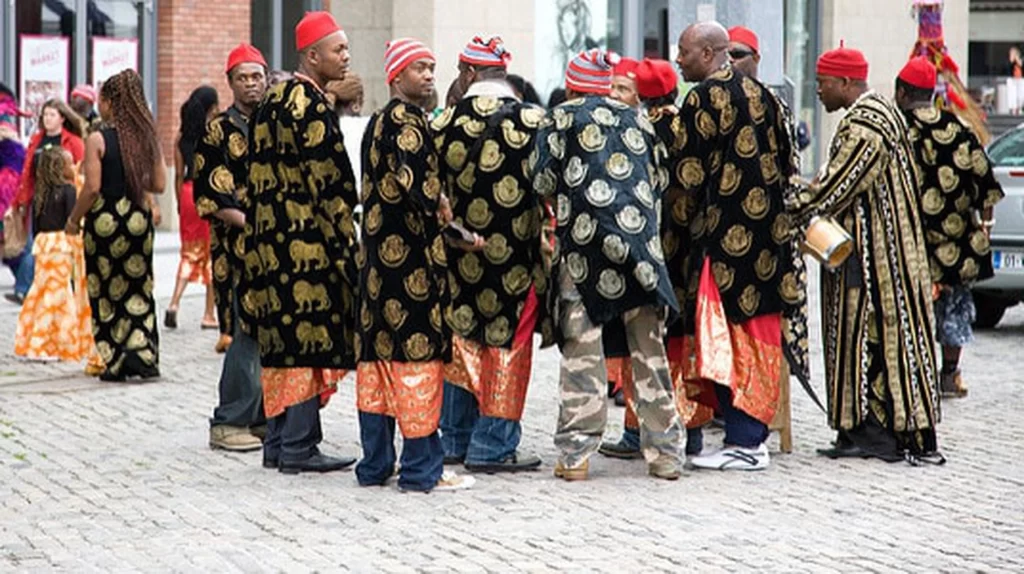A recent development in Nigeria’s legal landscape saw Justice Inyang Edem Ekwo of the Federal High Court in Abuja making a significant decision regarding a lawsuit brought forward by a Coalition of Northern Groups concerning the presence of Igbos in the Southeast region.
The lawsuit, spearheaded by prominent figures from the North like Nastura Shariff, Balarabe Rufa’i, Abdul-Aziz Sulaiman, and Aminu Adam, faced a setback as the plaintiffs failed to attend court sessions or have legal representation.
Throughout the proceedings, none of the plaintiffs showed up, nor did they assign legal representatives to advocate their case. Justice Ekwo, after thorough examination of the case file, noted the consistent absence of the Northern groups from court proceedings since 2022, leaving them unrepresented legally.
In a decisive ruling, Justice Ekwo concluded that the plaintiffs had effectively abandoned their lawsuit, prompting the dismissal of the case due to lack of active prosecution.
The Northern group had filed a legal motion urging the Senate President and Speaker of the House of Representatives to facilitate the separation of the southeastern region from Nigeria, stressing the necessity to finalize this before amending the 1999 Constitution. The plea for secession was filed under the lawsuit FHC/ABJ/CS/538/2021, initiated by a coalition of Northern elders and politicians.
Their argument within the lawsuit centered on the belief that allowing the Igbo people to secede would contribute to ending violence and turmoil in the South-East, averting a repetition of the devastating 1967-1970 Civil War.
Moreover, they contended that such a decision would help quell unrest stemming from groups like the Indigenous People of Biafra (IPOB), led by Nnamdi Kanu.
The group sought a declaration that the Nigerian Constitution, alongside the African Charter on Human and Peoples’ Rights (Ratification and Enforcement) Act 2004, empowers the initiation of a referendum for the South-Eastern region to determine their quest for self-determination.
They also urged the court to compel the Senate President, the Speaker of the House of Representatives, and the National Assembly to establish a framework enabling the South-Eastern states to pursue self-determination before any constitutional amendments take place.
As reported by Daily Post, the plaintiffs emphasized that amendments to Nigeria’s constitution could follow once the issue of self-determination is resolved by Nigerians.
